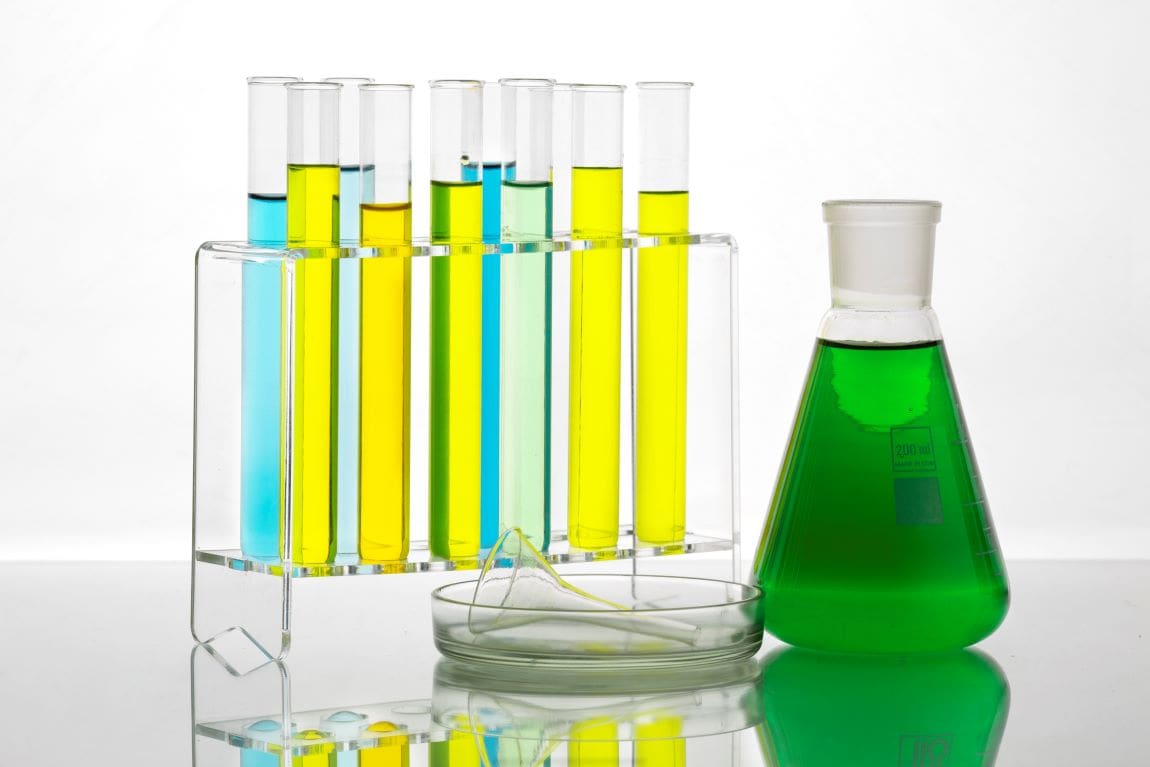Researchers at McGill University have developed an innovative process that utilizes sunlight to convert methane and carbon dioxide – two potent greenhouse gases – into valuable chemicals. This breakthrough could help mitigate climate change and offer a sustainable method for producing industrial products.
The light-driven chemical process transforms methane and carbon dioxide into green methanol and carbon monoxide, both crucial in the chemical and energy sectors.
“Imagine a world where the exhaust from your car or emissions from a factory could be transformed, with the help of sunlight, into clean fuel for vehicles, the building blocks for everyday plastics, and energy stored in batteries,” said Hui Su, co-first author and Postdoctoral Fellow at McGill’s Department of Chemistry.
The research, published in Nature Communications, is inspired by natural processes like photosynthesis.
In this method, a catalyst composed of gold, palladium, and gallium nitride, when exposed to sunlight, facilitates a reaction that adds an oxygen atom from carbon dioxide to methane, producing green methanol. Carbon monoxide is also generated as a byproduct.
Chao-Jun Li, lead author and Distinguished James McGill Professor, emphasized the process’s sustainability, noting it works at room temperature and avoids the harsh conditions required in other methods.
“By tapping into the abundant energy of the sun, we can essentially recycle two greenhouse gases into useful products. The process works at room temperature and doesn’t require the high heat or harsh chemicals used in other chemical reactions,” said Li.
This advancement, supported by several Canadian research programs, offers a potential pathway to achieve Canada’s net-zero emissions target by 2050.
Journal Reference:
Su, H., Han, JT., Miao, B., Salehi, M., Li, CJ. ‘Photosynthesis of CH3OH via oxygen-atom-grafting from CO2 to CH4 enabled by AuPd/GaN’, Nature Communications 15, 6435 (2024). DOI: 10.1038/s41467-024-50801-3
Article Source:
Press Release/Material by McGill University
Featured image credit: Freepik




